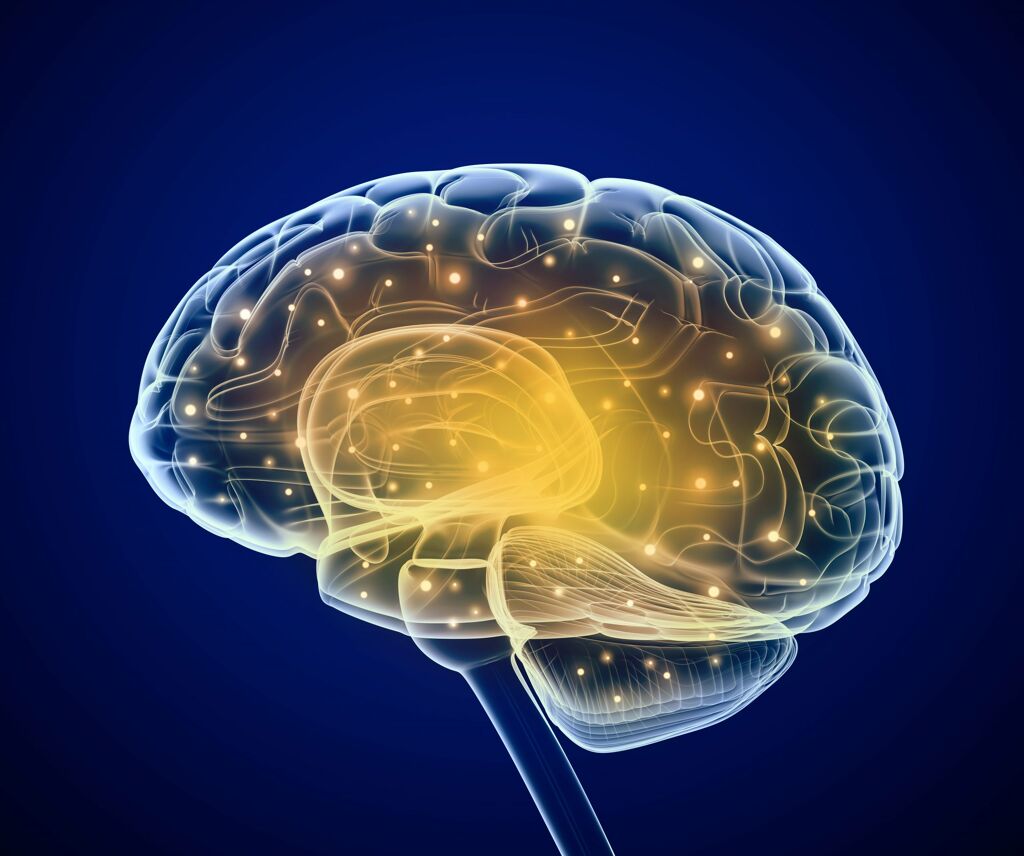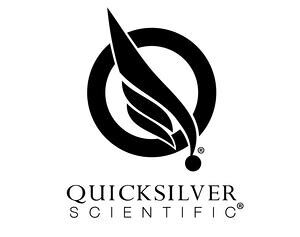Depression & the Gut: Are they linked & what is the link? Part 2: Depression, in the Gut-Brain Axis Series

What Causes Depression? Last week in Part 1 of Depression and the Gut, we defined depression and outlined the potential causes of depression; genetics, a chemical imbalance in the brain, hormones, stress or trauma, blood sugar dysregulation, poor diet, medications, inflammation and gut health.
This week we provide specific ways to address depression through functional medicine.
In functional medicine, we look for the root causes and will always look at gut health and the underlying reasons for any potential inflammation.
WHAT YOU CAN DO TO ADDRESS DEPRESSION:
- Balance Blood Sugar
- Understand the Cause of your Inflammation and Reduce it
- Improve Gut Health
These three key objectives can be achieved through:
- Adopting an organic, whole foods-based, anti-inflammatory diet is the best diet to balance blood sugar, decrease inflammation and promote gut health. Our food choices, alongside factors like stress, toxins, sleep and other lifestyle factors, determine the make-up of our gut bacteria and overall gut health. Diet is important for good gut health and for conditions like depression.
- As a first step, we want to avoid the foods that are most damaging to gut health (Mu C, 2016):
- Sugar & excess refined carbohydrates
- GMOs
- Highly processed foods
- Lack of fiber
- Excess caffeine
- Excess alcohol
- Vegetable oils high in omega 6 fatty acids
- We recommend following the diet that we outlined in our article on anxiety, which is rich in omega 3 foods, fermented foods, prebiotics, polyphenols and tryptophan.
- Prebiotics are foods that promote the growth of beneficial, health-supporting bacteria in the gut. They have been reported to improve inflammation and to alleviate psychological distress (Kim YK, 2018). These foods contain non-digestible fibers that promote the growth of beneficial gut microbiota such as Lactobacillus and Bifidobacterium, benefiting the microbiome-gut-brain axis (Kim YK, 2018). Prebiotic foods include lentils, apple cider vinegar, dandelion greens, raw garlic, raw or very lightly cooked onion, leeks, raw asparagus, green bananas, green plantains, potatoes that have been cooked then cooled 24 hours (served cold or at room temperature, as is common in potato salad), apples and others.
- Additionally, certain foods can be helpful when dealing with depression. One study looked at and identified twelve nutrients most effective for the prevention and treatment of depression (LaChance LR, 2018):
- Folate
- Iron
- Omega-3 fatty acids (EPA and DHA)
- Magnesium
- Potassium
- Selenium
- Thiamine
- Vitamin A
- Vitamin B6
- Vitamin B12
- Vitamin C
- Zinc
- The study also came up with a list of anti-depressant foods. The highest scoring foods are: (LaChance LR, 2018)
- Oysters, mussels, various types of seafood and organ meats
- Leafy greens, lettuces, peppers and cruciferous vegetables
- The categories of food that are most to least effective in reducing depression are: (LaChance LR, 2018)
- Vegetables
- Organ meats
- Fruits
- Seafood
- Legumes
- Meats
- With grains, nuts, seeds and dairy being the least effective in fighting depression
To Read About Blog Topic, Scroll Down
Want To Work With Our Clinic?
Do you have a chronic or mystery illness that no one has been able to help you with? Are you simply wanting to re-connect with a healthier version of yourself? It’s Time To Finally Feel Better!
SUPPLEMENTS:
- Probiotics: Probiotics support the good gut bacteria, promoting better gut health. They also can significantly decrease depression (Huang R, 2016). Probiotics had an effect on both healthy people and on patients with major depressive disorder (Huang R, 2016).
- Omega 3 fatty acids: Omega 3 fats are anti-inflammatory. They can inhibit many aspects of the body’s inflammation process (Calder, 2017). As we know, reducing inflammation is a critical piece in addressing depression. In addition, omega 3 fats can positively affect gut health. A few studies looking at omega 3 fats and the gut showed changes in the gut microbiome after omega 3 supplementation (Costantini L, 2017). In particular, an increase in Bacteroidetes and butyrate-producing bacteria was found (Costantini L, 2017). The short chain fatty acid butyrate is known to reduce inflammation (Valles-Colomer M, 2019). Further, the relationship between gut bacteria, omega 3 fatty acids, and immunity helps to maintain the gut lining integrity, to avoid leaky gut. (Costantini L, 2017). Increasing evidence from various trials have identified that a deficiency in omega 3 fatty acids may contribute to development of mood disorders, and that supplementation with omega 3 may provide a new treatment option (Deacon G, 2017).
- St John’s Wort: St John’s Wort is a popular herb used as a remedy for depression. It is widely used in many European countries. A large study found that for patients with mild to moderate depression, St John’s Wort is as effective as SSRIs (Ng QX, 2017). When compared specifically to the SSRI antidepressant drug, Paxil, in the treatment of moderate to severe major depression, St John’s Wort was found to be at least as effective as Paroxil, with fewer side effects (Szegedi A, 2005). A second study found that in the treatment of mild to moderate depression, St John’s Wort is equally effective as synthetic antidepressants (Schulz, 2002). Finally, it was found that St John’s Wort was equivalent to the SSRI Zoloft for the treatment of moderate depression (Gastpar M, 2005). It is not advisable to take St John’s Wort at the same time as other medications like antidepressants, anticoagulants and other drugs. It is best to work with an experienced functional medicine practitioner to help with the dosing and interactions of taking St John’s Wort for depression.
- Vitamin D: One study found that a one-off dose of 100,000 IU of vitamin D improved depression better than light therapy, in patients with seasonal affective disorder (Gloth FM, 1999). The increased vitamin D levels were significantly associated with the improvement in depression symptoms (Gloth FM, 1999).
- Magnesium: Magnesium is effective for mild to moderate depression in adults. In one clinical trial, positive effects were observed within two weeks of subjects taking magnesium chloride (Tarleton EK, 2017). Patients in the study had significant improvement in both depression and anxiety disorders (Tarleton EK, 2017). Magnesium works quickly and is well tolerated without the risk for toxicity (Tarleton EK, 2017).
OTHER HELPFUL AREAS TO CONSIDER:
- CHRONIC INFECTION such as Lyme, Epstein-Barr Virus, mold, or other bacterial or viral infection: A hidden chronic infection can often be an underlying cause of inflammation. As we know, inflammation is involved with depression given that depressed people exhibit all of the classic features of an inflammatory response (Miller AH, 2016). An inflammatory response is also the body’s reaction to an infection. Thus it follows that an infection, which creates inflammation, can be a contributing factor to depression. Furthermore, there is a hypothesis called the “infection-defense hypothesis” of depression, which suggests that the immune system helps regulate mood to increase the body’s defense against infection (Midori T, 2011). Moods, which can drive different physical and behavioral responses, play an adaptive role by helping to fight existing infections, as well as helping both individuals and their family to avoid new ones (Anders S, 2013). This “infection-defense hypothesis” proposes that immune vulnerability to infection elicits a depressed mood, which in turn stimulates behaviors that help protect vulnerable individuals against infectious diseases (Midori T, 2011).
- DENTAL HEALTH: Poor dental health can be a source of inflammation and affect overall health. Tooth infection, oral bacteria, tooth decay and exposure to mercury through amalgam fillings can all contribute to inflammation and poor health. There is less research on dental disease as it relates to depression, yet it should not be overlooked (Kisely S, 2016).
- EXERCISE: Many studies have demonstrated that exercise reduces symptoms of depression. One study specifically found that aerobic exercise, three times per week, at a moderate intensity, for a minimum of nine weeks was the most effective in the treatment of depression (Stanton R, 2014). Another older study done in 2005 found that exercising 5 times per week led to the disappearance of symptoms of depression in 42% of the study subjects (Dunn AL, 2005).
- COGNITIVE THERAPY (CT): Research has found that cognitive therapy is as effective as antidepressant medications at treating depression (DeRubeis RJ, 2008). Furthermore, its effects are longer lasting as therapy reduces the risk of relapse even after it is discontinued (DeRubeis RJ, 2008). Patients treated with CT learn to apply the CT strategies whenever they are in a situation in which they could potentially fall back into the habit of thinking negatively (DeRubeis RJ, 2008). They learn and begin to put into practice new skills, which result in a change in the patient’s general beliefs about themselves and their reactions become less negative (DeRubeis RJ, 2008).
- SLEEP: Sleep is critical for good mental health. One study found that insomnia increases the risk of subsequent depression amongst people with insomnia (American Academy of Sleep Medicine, 2008). Seventeen to 50% of subjects with insomnia lasting two weeks or longer developed a major depressive episode (American Academy of Sleep Medicine, 2008). It has also been found that there is a link between poor sleep and suicidal behavior (American Academy of Sleep Medicine, 2008). In a study of depressed patients, 8% had sleep disturbances (American Academy of Sleep Medicine, 2008). Sleep loss is a risk factor in the development of insulin resistance, impaired glucose tolerance and type 2 diabetes mellitus (Saner NJ, 2018). We saw earlier that blood sugar imbalances and insulin resistance can contribute to depression.
- STRESS: We know that chronic stress and stressful life events can contribute to depression (Shadrina M, 2018). Therefore, it is important to reduce stress wherever possible, perhaps by taking on fewer obligations. Stress management is also key and activities like meditation, yoga, tai chi, listening to music and spending time outdoors can all be very calming and help to reduce the stress response of the body.
If you or someone you know is suffering from depression, get in touch with our clinic today.Book a free 15-min discovery call to see how we can help you with your symptoms. We can answer your questions and help you book an initial consult with one of the functional medicine doctors in our clinic. Thank you for reading this article about “What Causes Depression”.
Are You Suffering From A Chronic Illness?
Does your current health situation look like this…
- Do you feel that you have tried many things and either nothing works, or the treatment does not hold?
- Have you been told that there is nothing that can be done to reverse your illness and you just need to manage symptoms?
- Does your illness impact your work, your family, your happiness and your social life?
We specialize in finding answers and solutions for complicated chronic illness when people feel like they have tried everything. If this sounds like you, book a free call with us to see if we are the right fit for your health goals.
Dr. Miles has spoken for the following organizations:

















